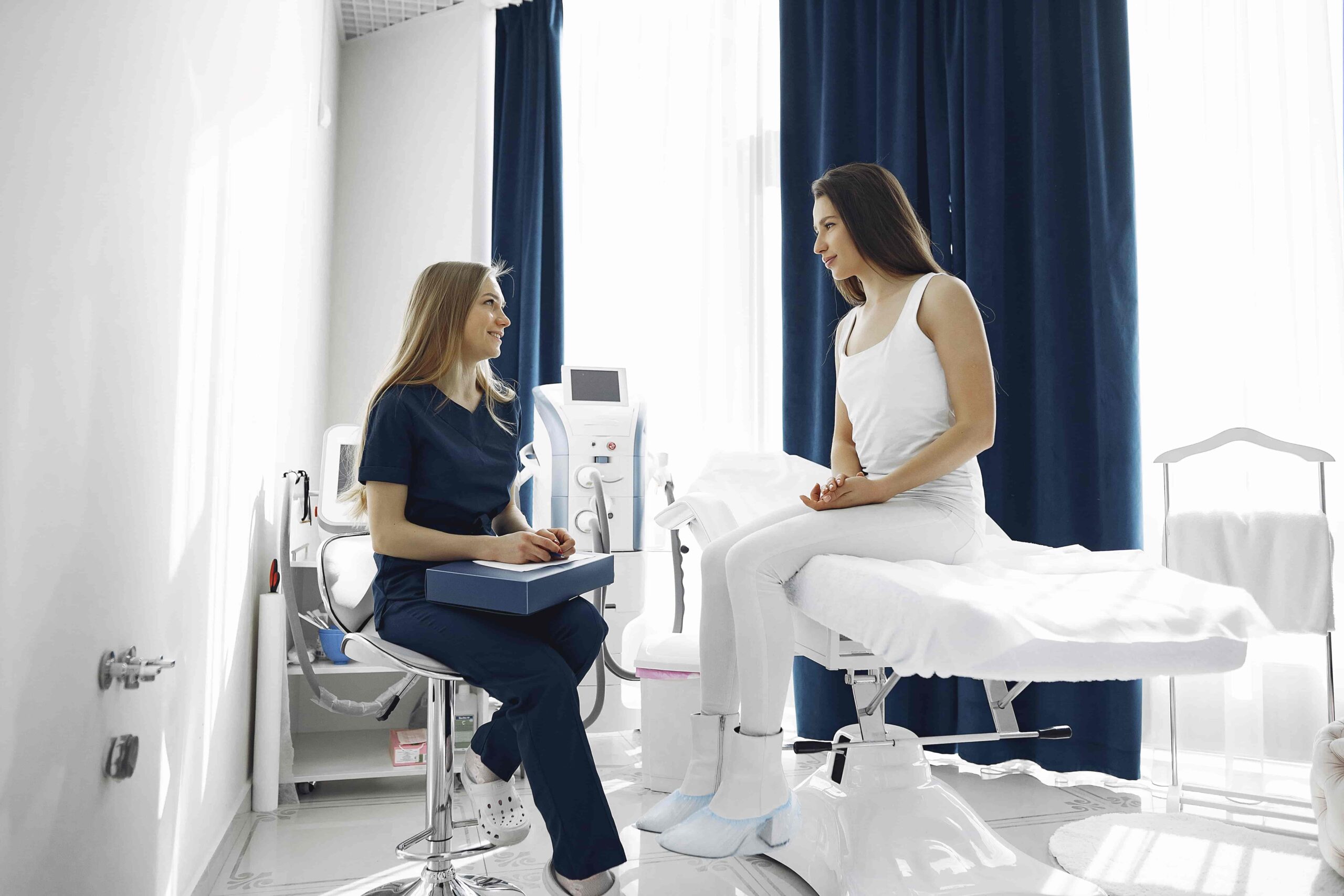
Women’s Health Physiotherapy
What can Women’s Health Physiotherapy help with?
Women’s health is a specialist area of physiotherapy treating all problems relating to the pelvis and pelvic floor muscles.
Rachel Davenport is our Women’s Health Specialist Physiotherapist and can help with the following problems:
- - Pregnancy-related musculoskeletal problems, such as back pain, pelvic pain, sciatica or carpal tunnel syndrome
- - Post-natal check and return to sport guidance
- - Post cesarean section advice and rehabilitation including scar management
- - Tummy muscle separation - dedication
- - Bladder dysfunction, including stress incontinence and urge incontinence.
- - Bowel dysfunction
- - Pelvic floor dysfunction
- - Incontinence
- - Pelvic pain
- - Pelvic organ prolapse
- - Sexual dysfunction
- - post gynecological rehabilitation e.g. Post Hysterectomy advice
- - Menopause Symptoms
Many women think that these symptoms are a normal part of being a woman and on average women suffer for 7 years before seeking treatment. These symptoms are common but not something that you need to live. Women’s Physiotherapy can help!
Rachel has over 10 years' experience in working in Women’s Health and has undergone additional accredited training to specialize in these areas. She is passionate about helping women to recover and improve their symptoms to achieve their goals. Rachel is a member of The Pelvic Obstetric and Gynecological Physiotherapy (POGP) group which is a branch of the Chartered Society of Physiotherapy. She keeps up to date through regular training which includes attending courses, reading and listening to podcasts. See below some links, including podcasts, that you may find interesting.
What to expect at your appointment?
Here are Farnham Physiotherapy and Sports Clinic your initial appointment will last an hour. This is so that Rachel can take a thorough history and fully understand the problems that you are experiencing. Some of the questions may appear personal but this is so that Rachel can gain a full insight into the nature of your problems.
Rachel may use a couple of questionnaires and may ask you to complete these at home.
If it is appropriate, you will be offered an internal vaginal pelvic floor assessment. This is not compulsory but enables the Rachel to assess the strength of your pelvic floor and if your technique to engage your pelvic floor muscles is correct. The assessment will be discussed at your appointment and there will be a great deal of time to ask any questions.
What treatments are used?Treatment sessions are bespoke to each patient and their needs but typical treatments include exercise, manual therapy, advice regarding fluid intake, bladder training techniques and breathing techniques. Pelvic floor muscle physiotherapy helps to cure or improve the symptoms of weak pelvic floor muscles for over 70% of women.
The number of treatments that each client requires varies but on average patients attend between 3-5 sessions. Follow up appointments are usually 30 minutes.
This service is highly confidential and respects the often-sensitive nature of these problems.
Why Is Women’s Health Physiotherapy Important:
- 1 in 3 women experience urinary incontinence during their lifetime.
- Pelvic organ/vaginal prolapse is experienced in up to 50% of women who have had children.
- In women who have not children – up to 60% will have some significant bladder/bowel or pain symptoms.
- Approximately 20% of 18-50 year old women will complain of chronic pelvic pain.
- All women will at some point go through the menopause.
Post-Natal Checks
It is common to experience tummy muscle weakness, low back pain and incontinence post-natally or just be confused about what advice you should be following once you have had your baby. Rachel can carry out a thorough assessment and give you detailed advice about what YOU should be doing to recover and return to sport.
The appointment includes an assessment of your tummy muscle strength, functional muscle strength, pelvic floor muscle strength, spinal mobility, and scar mobility if necessary.The assessment will last an hour and Rachel completely understands if you need to bring your baby with you.
Useful Links :
www.pogp.csp.org.ukwww.balance-menopause.com
www.csp.org.uk
Return to Running Post-Natal Guidelines - returning-to-running-postnatal–ACPSEM-endorsed.pdf (squarespace.com)
www.pelvicpartnership.org.uk
The Dr Louise News on Podcast on Apple Podcasts
The Food Medic: Ask Dr Hazel E2: IS BLADDER LEAKAGE NORMAL? on Apple Podcasts
www.womenshealthpodcast.com
www.maisiehill.com – Author of ‘Period Power’ and ‘Perimenopause Power’


